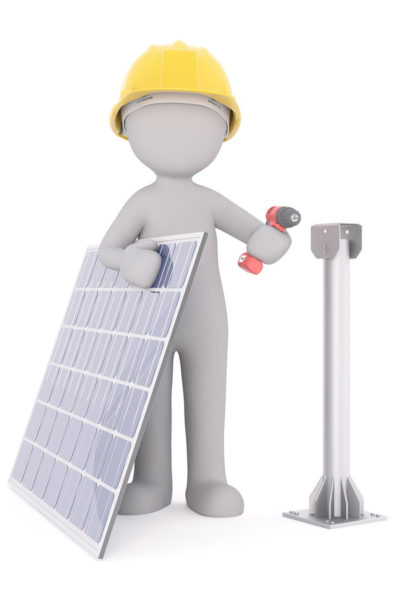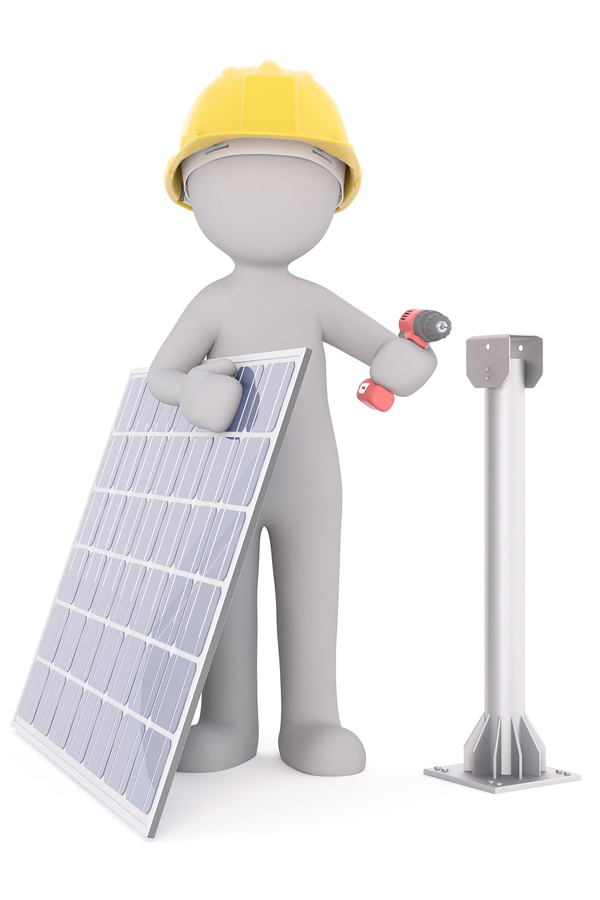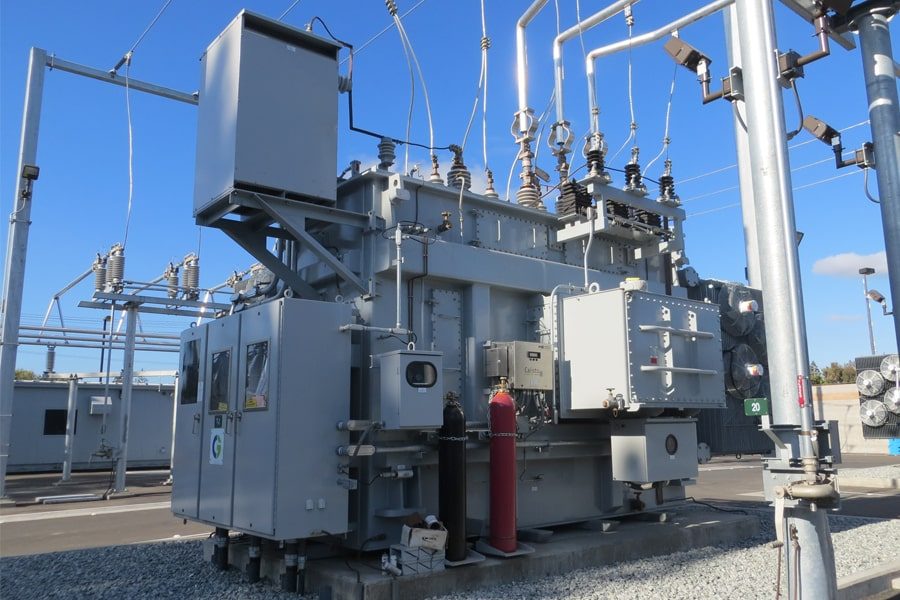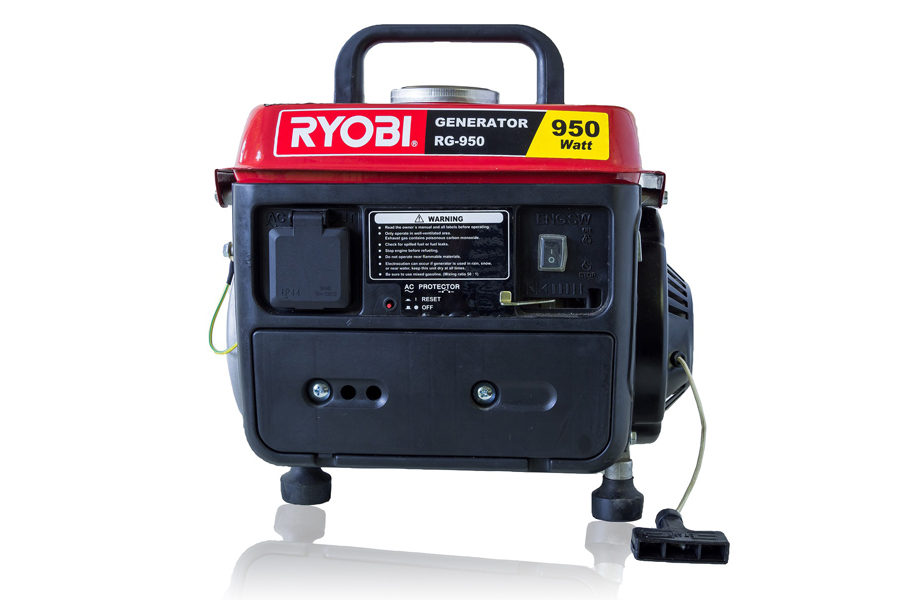
Every day, people’s lifestyles improve. People now demand more luxuries and conveniences due to this. A few years ago, people might have been able to deal with a power outage. A power outage, on the other hand, would be intolerable nowadays. The need for generators is on the rise. This is logical given people’s desire for a life of luxury and comfort. Nonetheless, there are different types of generators available on the market. You need to choose the right one that suits your work. This article is about that. Through this article, you can get to know about the types of generators.
Why do we need them?
Power outages can continue for hours, days, or even weeks, and if you are not ready, they can be costly. Hurricanes, tornadoes, and ice storms may also create power disruptions. However, bad weather is not the only factor that might cause the power to go out. A blackout can happen due to a variety of factors, including curious animals, transportation accidents, human mistakes, and so on. You may, however, prepare for such events by purchasing a generator to help you cope with power disruptions.
If you need to maintain all of your appliances and lights running at home, you may require a generator. For instance, there may be medical equipment that demand a constant power supply that you must use. Furthermore, a power loss may cause your entire day to be disrupted. You would miss your regular day-to-day routine. And your mental health would suffer as a result. Hence, you will need to use a generator to keep your home warm.
A generator is essential if you operate a business. There may be some tools and equipment that require constant power. In such circumstances, the use of generators is important. Furthermore, a power outage will not compel you to give up your job. You’d need a generator to keep operating. Electricians and HVAC technicians, for example, would require a large number of generators because they are regularly called out to do remote services. Recreational activities like camping, boating, and tailgating would all require the usage of a generator. Then you can truly make use of it. However, you must be cautious when using generators.
What are the Types of Generators?
Alright. Now, it is time to talk about the types of generators in particular. So, what are the main types of generators? Here are the main types of generators that we figured out.
- Inverter Generator
- Portable Generator
- Whole House Generator
- Solar Generator
- Quiet Generator
Basically, these are the types of generators that we talk about. So, let us get into each of them now.
1. Inverter Generator
Inverter generators use DC electricity to create AC power. The major DC energy sources are car batteries or solar panels. The DC electricity is subsequently converted to AC via electric circuitry. At the moment, portable and noiseless generator types are available on the market. To create AC electricity, these inverter generators have an engine and an alternator. The engine has a rectifier that converts AC power to DC electricity. The above-mentioned process is responsible for the noiselessness. As a result, in a noisy setting or a noise-sensitive area, this is quite handy. Inverter generators are also an excellent alternative if you want a quiet atmosphere.
Another benefit of inverter generators is that they use 20% less fuel than regular generators. It also delivers consistent electrical energy that is safe for sensitive electronic devices such as laptops, tablets, and smartphones to utilize. Abstract AC electricity is converted to DC power, which is subsequently converted back to AC power. Inverter generators have a slew of other benefits. Another advantage is that the engine speed is automatically changed based on the amount of power required.
Inverter generators have certain drawbacks in addition to their benefits. Inverter generators are more costly than other generator kinds. In addition, the cost of installation for these generators is substantial. Other drawbacks include decreased power output. As a result, they’re most commonly seen in smaller homes and cottages. It is not appropriate for larger industrial settings. Another crucial point to remember is that inverter generators require routine maintenance, which is rather inexpensive.
Types
Inverter generators are classified into three categories. They are large, medium-sized, and recreational. The weight of a large inverter generator is roughly 250 pounds. This is plenty to power your home. At 220 volts, large inverter generators produce more than 5,000 watts of power. A transfer switch, which is a safety mechanism, connects these generators directly to the electrical panel. The weight of a midsized inverter generator is roughly 80 pounds. They typically produce between 2,500 and 4,500 watts. This does not have a direct link to the electrical panel. You must plug the appliances directly into the generator. Recreational inverter generators are the next type. They are between 50 and 60 pounds in weight. This one-handed carry was made by designers. This produces around 2,000 watts.
Champion Power Equipment 200954 4250-Watt RV Ready Open Frame Inverter Generator, Quiet Technology
One of the most creative items on the market is the Champion Power Equipment 4250-Watt Open Frame Inverter Generator. Our cutting-edge technology and cutting-edge design will revolutionize the way you power your life. To begin, this reduces noise by half by using Quiet Technology digital components. Then, using an efficient mechanical design, we were able to reduce the overall footprint and weight by 20%. This Digital Hybrid generator is smaller, quieter, and lighter. It’s a quiet, lightweight complement to your RV and a cost-effective power alternative. When the 4-gallon gasoline tank is full, the Champion recoil starts incorporating Cold Start Technology, and the dependable 224cc Champion engine generates 4250 starting watts and 3500 running watts and operates for 22 hours at 25% load.
2. Portable Generator
These portable generators are perfect for usage around the house. If you are in the middle of a blackout, this is the generator to use. Portable generators can power important appliances in the home. Portable generators are divided into three categories. Small, medium and large generators are available. During a blackout or when camping, a tiny portable generator can power small appliances, TVs, lights, and power tools. If you work on a construction site, you can utilize medium to large portable generators to run power equipment in the event of a power outage.
Most portable generators operate on gasoline or liquid propane (LP) to backup vital equipment and appliances during a blackout. You may distribute the portable generator’s entire output to the residential electrical system by using a manual transfer switch.
If you are using a portable generator, be sure you maintain and test it on a regular basis. Manufacturers recommend using the generator at least once a month to maintain it in good working order. You may restrict the objects a portable generator can power by looking at the watts it produces. As a result, before choosing the size of the unit to purchase, you need first to determine how much electricity your home requires. By concentrating on a fundamental review of the essential components involved, you may quickly grasp the operating concept of the portable generator.
A-iPower SUA12000E 12000 Watt Portable Generator Heavy Duty Gas Powered with Electric Start for Jobsite, RV, and Whole House Backup Emergency
A-SUA12000 iPower’s generates 12,000 beginning watts and 9,000 operating watts. This makes powering your equipment on the job, at camp, or at home a lot easier. It sports a low oil alert light and automatic shutdown when the oil level goes below a set level in its powerful 459cc OHV 4 stroke engine. They ensure that your generator continues to function year after year. The big 7-gallon gasoline fuel tank allows for an average operating period of 7 hours at full load and 9 hours at half load. When you need to start your generator fast, effortlessly, and conveniently, you may utilize the Electric Start feature. The SUA12000e generator is perfect for powering all of your important appliances. They include your air conditioner, refrigerator, and sump pump, as well as lighting and entertainment centers, in the case of an emergency.
3. Whole House Generator
Home standby generators come to mind while discussing whole house generators. There are a few distinctions between the two categories. Standard home standbys can only power residences with a power output of 9kW to 20kW. The generators’ small air-cooled engines offer only short-term power to essential appliances such as an air conditioner and refrigerator, as well as some lights. They are not, however, appropriate for powering everything at once. The capacity of whole house generators, on the other hand, ranges from 22 to 48 kW.
When opposed to a backup generator, whole house generators provide several benefits. They have more powerful engines with liquid cooling systems that can run for extended periods of time without needing to be serviced. For improved load control, they have enhanced programming. Natural gas, diesel, and liquid propane are all viable fuel alternatives for whole-house generators. Choosing the finest whole-house generator begins with determining the fuel type. While tiny home standby generators can only run on liquid propane (LP) or natural gas (NG), whole house generators may run on diesel.
You must first determine how much power you want in your home before choosing a suitable size. After that, you would be able to purchase the necessary generator. At its highest capacity, a decent generator has around 80% capacity. When it comes to installing a standby generator, you should use an expert. Despite the fact that Standbys has its own platform, larger sizes require a solid base. Generators are usually situated away from bedrooms because of the noise they produce.
4. Solar Generators
In a small electronic box, a solar generator includes three primary components. Batteries, a charge controller, and an inverter are the three components. Solar panels are used to extract energy from the sun. After that, they are kept in a high-capacity battery. This stored energy is released for use through the use of an inverter. This energy may be used for a variety of gadgets and appliances around the house. Smartphones, lights, computers, and refrigerators are just a few examples. If you enjoy the outdoors, this is the generator for you. Because they use renewable energy, they do not release harmful emissions to the environment.
For your convenience, the solar generator’s working function is as follows. Solar panels capture energy from the sun, which is the source of power for these generators. They store the energy in the device’s built-in battery. An inverter is then there to transform the energy into AC electricity. Finally, it is time to make it available for usage in domestic electrical devices. These solar generators are in a way to provide electricity to the home’s essential equipment and electronics. Lights, laptops, TVs, and small to mid-range appliances are among them.
Solar generators are the most efficient power generators available without having to install a whole system. High-wattage solar panels may charge to full capacity in less than two days, depending on the weather. When you’re on the go, a portable solar power generator comes in handy. In most cases, they are lighter than their backup equivalents. These portable solar generators are simple to pack, store, and transport. As a result, you may use these generators when camping or on vacation.
200W Portable Power Station, FlashFish 40800mAh Solar Generator with 110V AC Outlet/2 DC Ports/3 USB Ports, Backup Battery Pack Power Supply for CPAP Outdoor Adventure Load Trip Camping Emergency.
The Flashfish E200 portable power station is designed to provide power for outdoor activities. The most portable all-in-one power station can meet your requirement for camping or emergency with its small size (5.6lbs, 8.2×4.3×6.2 inch) and large capacity (150Wh). The 151Wh (40800mAh) tiny station is strong enough to handle a variety of outdoor electrical demands, including home, travel, camping, and lengthy car journeys in the backseat. With a weight of 4.07 pounds and a plush grip, we may easily transport it in our bag or automobile to anywhere power is necessary.
5. Quiet Generators
A quiet generator is one that has a decibel rating of 50 to 60. It is a typical generator if the noise level is higher than that. There are no entirely quiet generators when it comes to quiet generators. The generators all produce some level of noise. Due to the differences in decibel levels, certain decibel levels may be pleasant for one person but too loud for another. Some techniques may be used to minimize the noise generated by these generators.
An inverter generator is the quietest of all the generator kinds. There are several sophisticated technologies in silent generators on the market.
WEN 56203i Super Quiet 2000-Watt Portable Inverter Generator w/Fuel Shut Off, CARB Compliant, Ultra Lightweight
The ultralight body weighs just 39 pounds, making it easy to carry and store. And the sound of this generator is even quieter than the standards that the US US Department of Health and Human Services has issued. For safe charging of sensitive gadgets, this produces 2000 surge watts and 1700 rated watts of clean power (phones, tablets, televisions, computers, etc.) Gasoline shutdown extends the life of the generator by burning through any residual fuel in the carburetor before shutting it down. Two three-prong 120V outlets, one 12V DC outlet, two 5V USB ports, and a two-year guarantee are in this generator set.
Conclusion
In this article, we focused on the different types of generators that are available on the market. We hope that you have a pretty good idea about the types of generators by now. If you’d like to know more about generators, you can try history of generators, early versions of generators, why do we need generators?, general uses of generators, how a generator works, fuel types of generators, warranty of a generator, market availability of commercial generators, generator accessories, portable generators, maintenance of diesel generators, market stats of generator industry, impact of Covid-19 on generator industry




